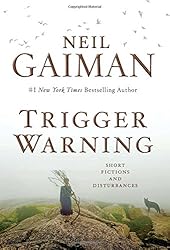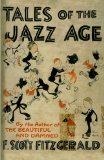Ransom Riggs’s Tales of the Peculiar is a collection of short stories presented as folklore from the peculiar world and gathered and edited by Millard Nullings, the invisible boy in his Miss Peregrine series. Each of the stories is a window into the history and beliefs of the peculiar world, including an origin story for the ymbrynes who protect peculiar children in their loops. One major theme that emerges from the stories is to accept yourself just as you are, to accept others as they are, and to avoid letting others take advantage of you or make you ashamed of being yourself.
The collection includes ten stories. Of the ten, my favorites were “The First Ymbryne,” a tale explaining how ymbrynes came to be and began creating loops; “The Woman Who Befriended Ghosts,” which was a story about a peculiar girl whose dead sister was a cherished childhood companion and who used her gift for speaking to ghosts to help people plagued by hauntings; “The Girl Who Could Tame Nightmares,” which was the story of a girl who removed people’s nightmares but discovered perhaps nightmares serve a purpose; and “The Locust,” an interesting tale of a boy whose peculiar talent is that he shapeshifts into the form of creatures who show him the most love. All of the stories were entertaining peeks back into the peculiar world. They are excellent on their own, but they are also great for fans of the Miss Peregrine series. You do not have to have read the series to enjoy the books, and they might be a great introduction to people who want to read the series and want a small taste first. Some of the stories are downright creepy, and the collection as a whole (as is true of the entire Miss Peregrine series) is perfect for the R. I. P. Challenge if you’re looking for one last book to squeeze in.
Rating:









